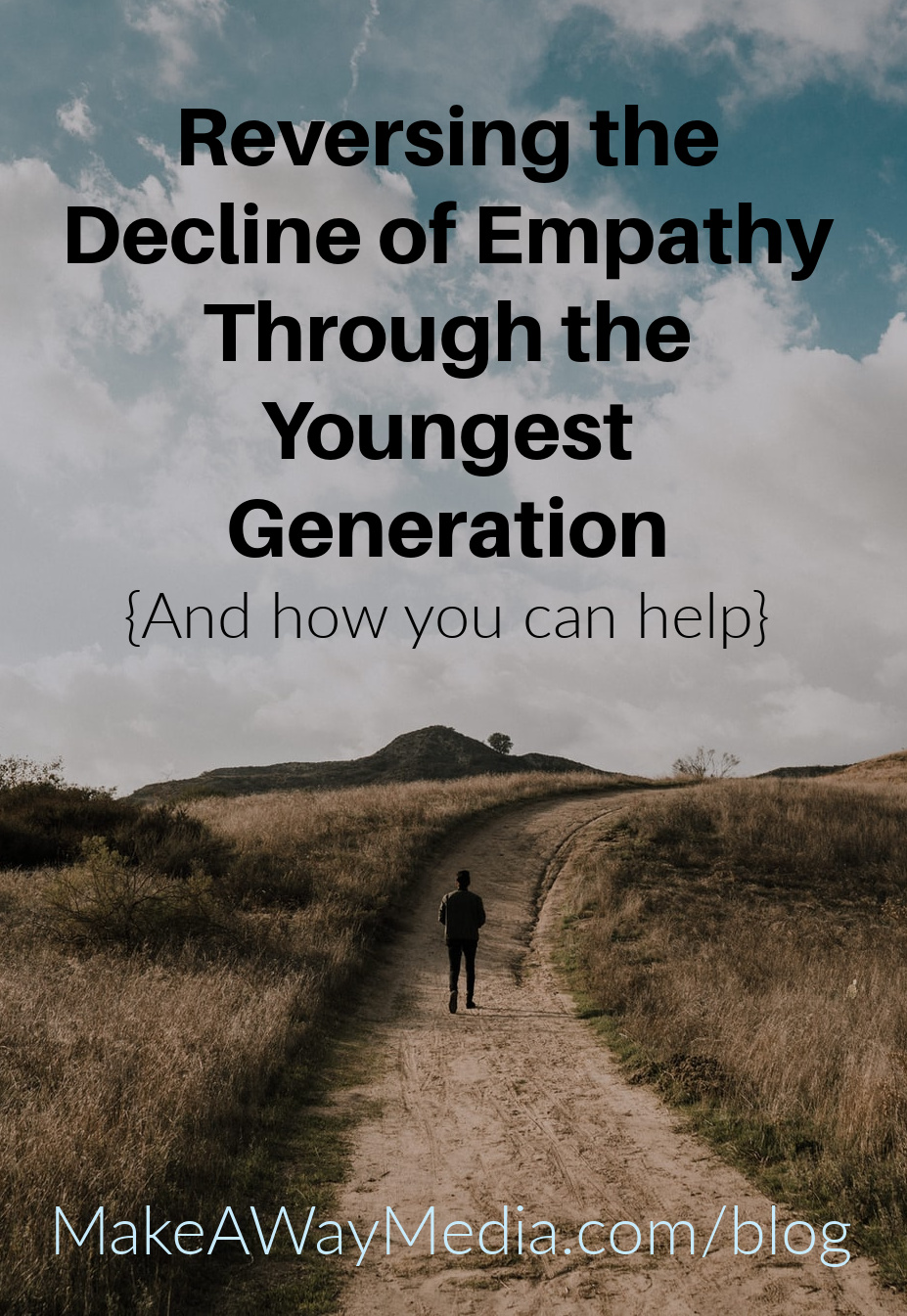Bullies suck.
Bullies have little to no empathy. They cannot make the connection between their actions and a child who may go home and commit suicide over these very actions. Children who are indifferent to the hurt and pain of others have no interest in resolving conflict. They are unable to entertain themselves without that entertainment being at the expense of someone else. This is not on par in empathy development with to their peers, no matter the age group.
Even though children can model and show empathy at a young age, “putting themselves in someone else’s shoes,” still must be cultivated and reinforced by the adults in their life.
Because competition for resources is also innate in all of us, it is the reason why that same toddler will snatch up every toy in a room and not let anyone else touch their things. We have to get down on the floor with them, down to their level, and model how and why we should share because it is so much more fun to interact that way. And it is the right thing to do. Children who have no intervention in this area and do not have these behaviors modeled will enter the school system and be outcast as trouble because they do not know how to share.
We all have seen that classic old report card note that states, “Does not play well with others.” This student lacks the skills to share, communicate, resolve conflict. This student lacks empathy. Our job as a community- parents, extended family members, teachers, and child-care providers- is to teach them how to be empathetic. In the worst-case example, children who do not learn this skill from these community members will have another type of societal consequence enforced- perhaps through the judicial system.
Empathy is difficult to teach to those who lack it, though not impossible. The older a person is, the harder it becomes, and many theorists believe the personality is mostly formed by age five.
Picture a house and its foundation. The foundation is the window between zero and five. You can still build a house on a not-so-solid foundation, but it is unstable at best. Work will need to be done to shore it up in other ways. Sometimes the foundation is so shaky and unsteady that the house is indeed inhabitable. I would liken this to a severe lack of empathy, which is also a characteristic of sociopaths. This is just imagery. A child can be taught compassion after five, but there is a window of time in their early years when this vital foundation must be laid.
This is why programs like Jumpstart, Head Start, and Pre-K are so crucial to child development. We need to build our children during these five years.
Frederick Douglass was an escaped slave who became a prominent activist, author, and public speaker. He is best know for saying, “It is easier to build strong children than repair broken men.”
Let’s shift our kids OFF of the path of brokenness. Please talk with your children about the things they see in the world that are scary or confusing. I strongly feel it is better to explain things to them now than to have to lecture at them later.
I recently watched the movie, The Lord of the Flies, with my 11-year-old son and was shocked by his responses when we discussed the movie afterward. I asked him which tribe he would have joined, and he picked the wrong one. Had we not watched this movie and had this talk, I have no idea how the thought process that led him to this conclusion could have played out later in his life.
We must face the fact that our kids are undoubtedly influenced by the other kids at school, on the bus, sites like YouTube and Tik Tok. These influences (that we don’t witness for ourselves) may significantly influence the development of opinions, judgments, problem-solving, and decision-making. The only way parents may know what their kids’ little minds are absorbing is by actually talking to them and then listening to what they say.
And I am not just talking about off-hand questions like “how was your day?” either. Real questions lead to real discussions. Read a book together and then talk about it. Watch a movie or TV show together. Talk about what bothers them, and what inspired them.
Just talk.
It only through this level of processing will you be able to understand how their young mind works.

Tomorrow is the last day of Make A Way Media’s Holiday special discount AND free shipping Sale! Use SAVE30 at checkout!


